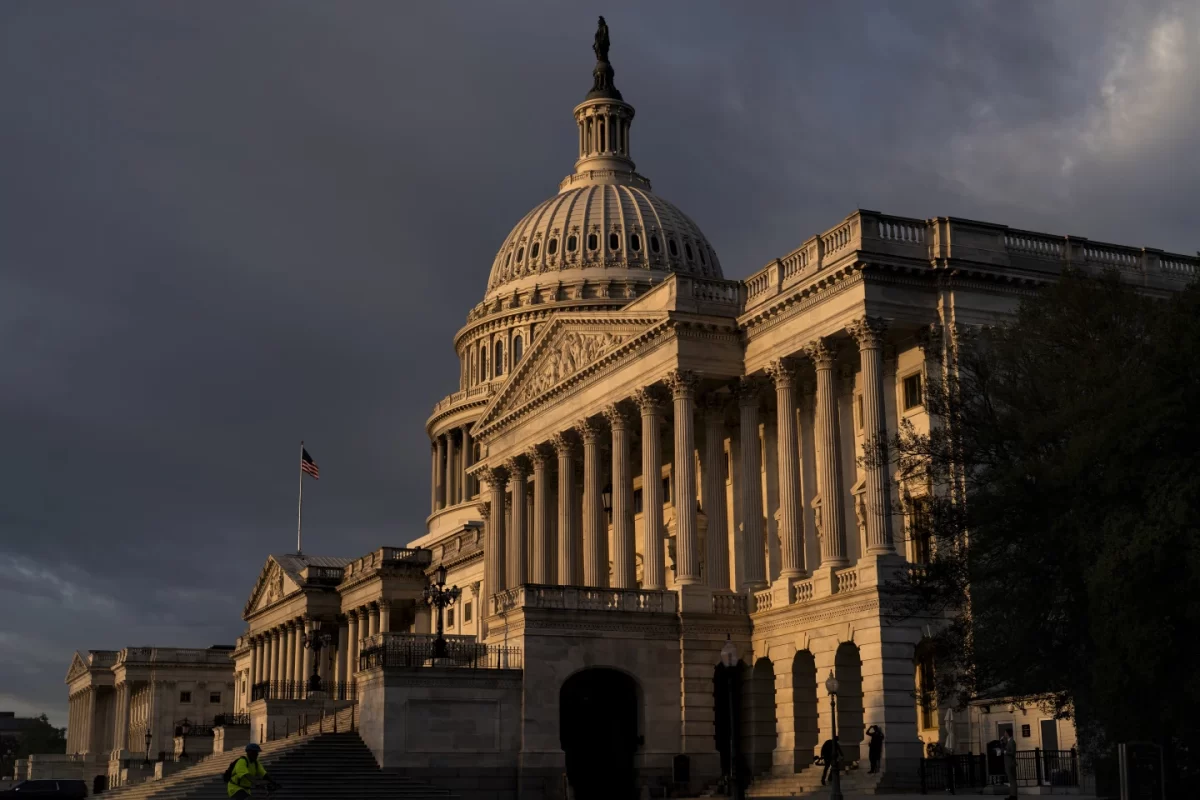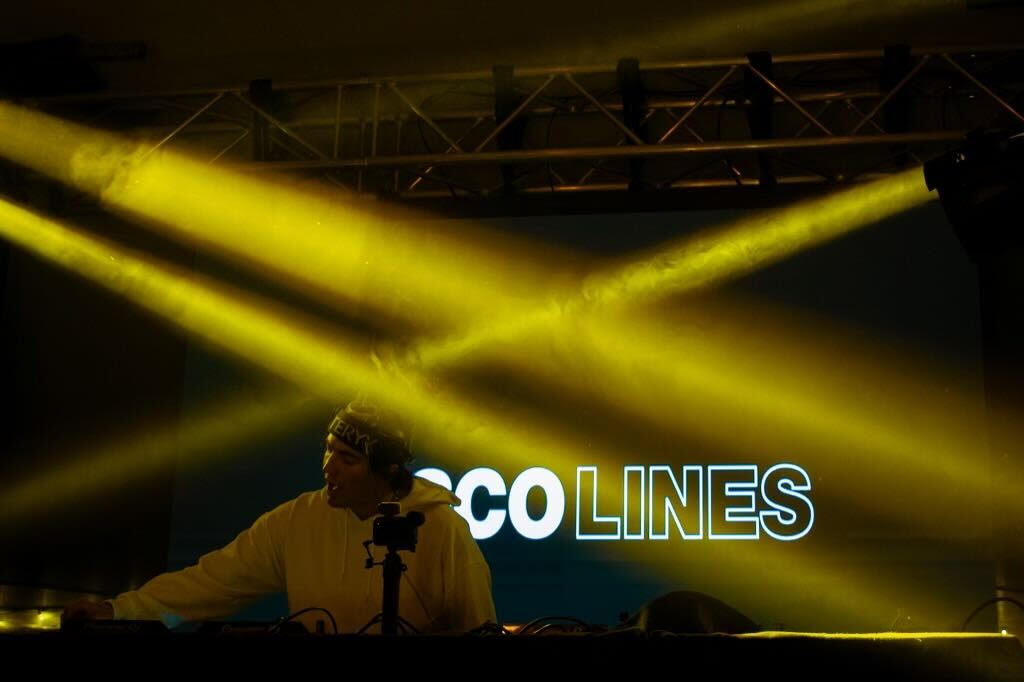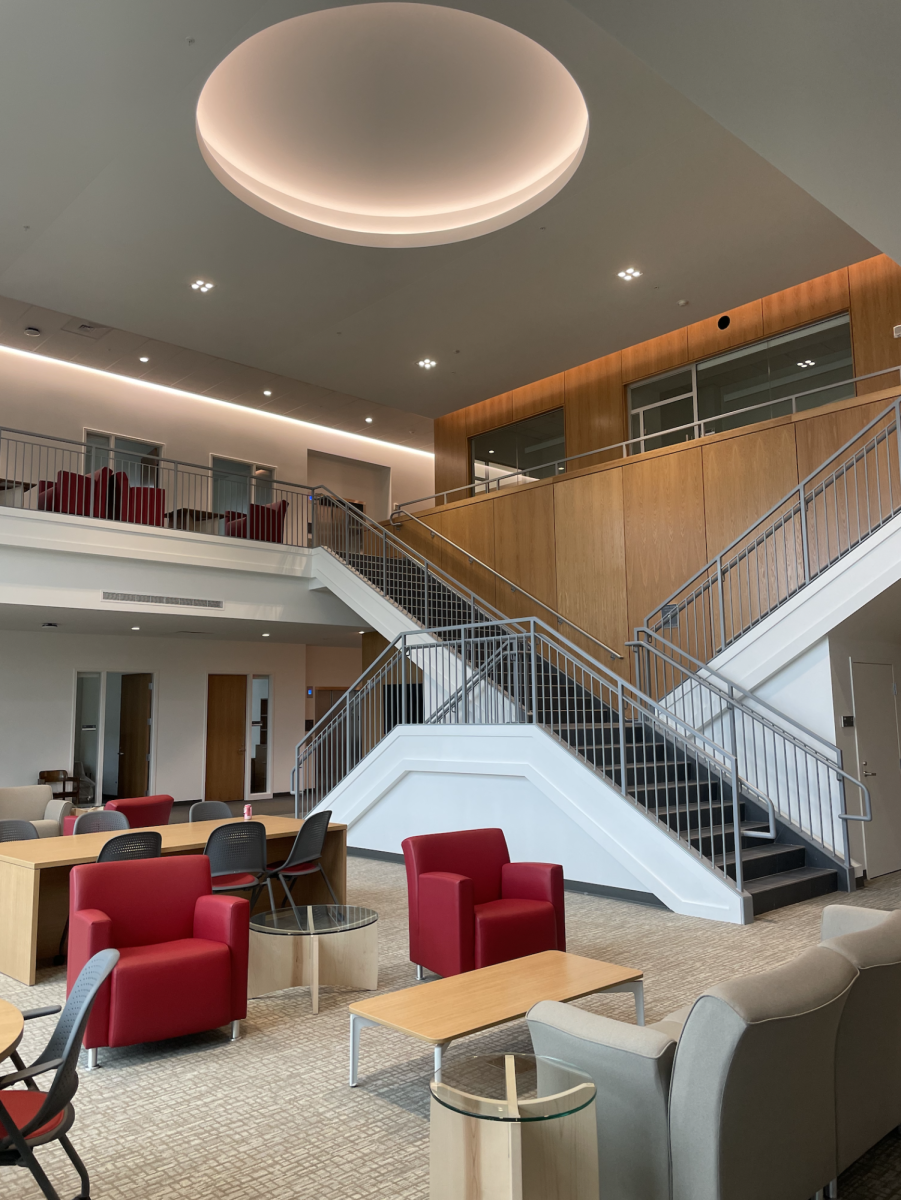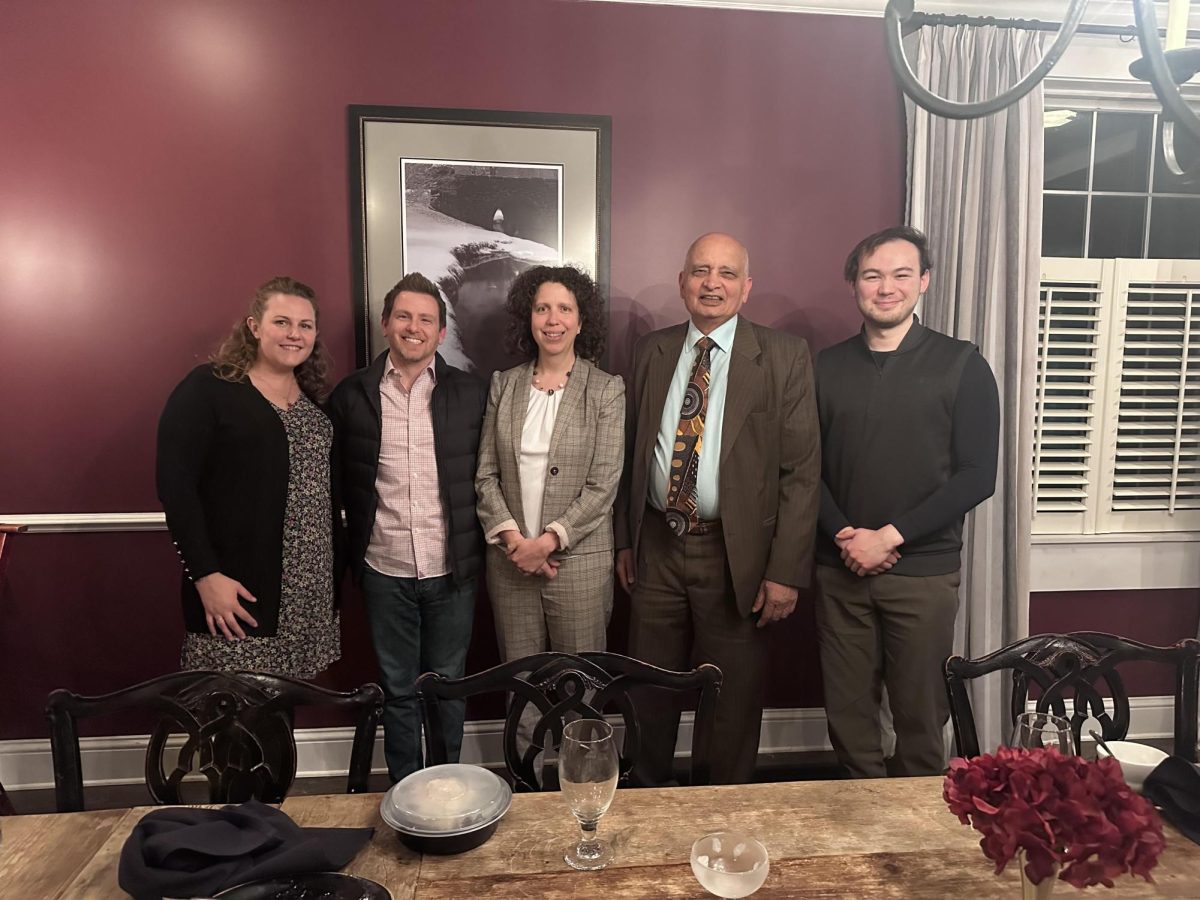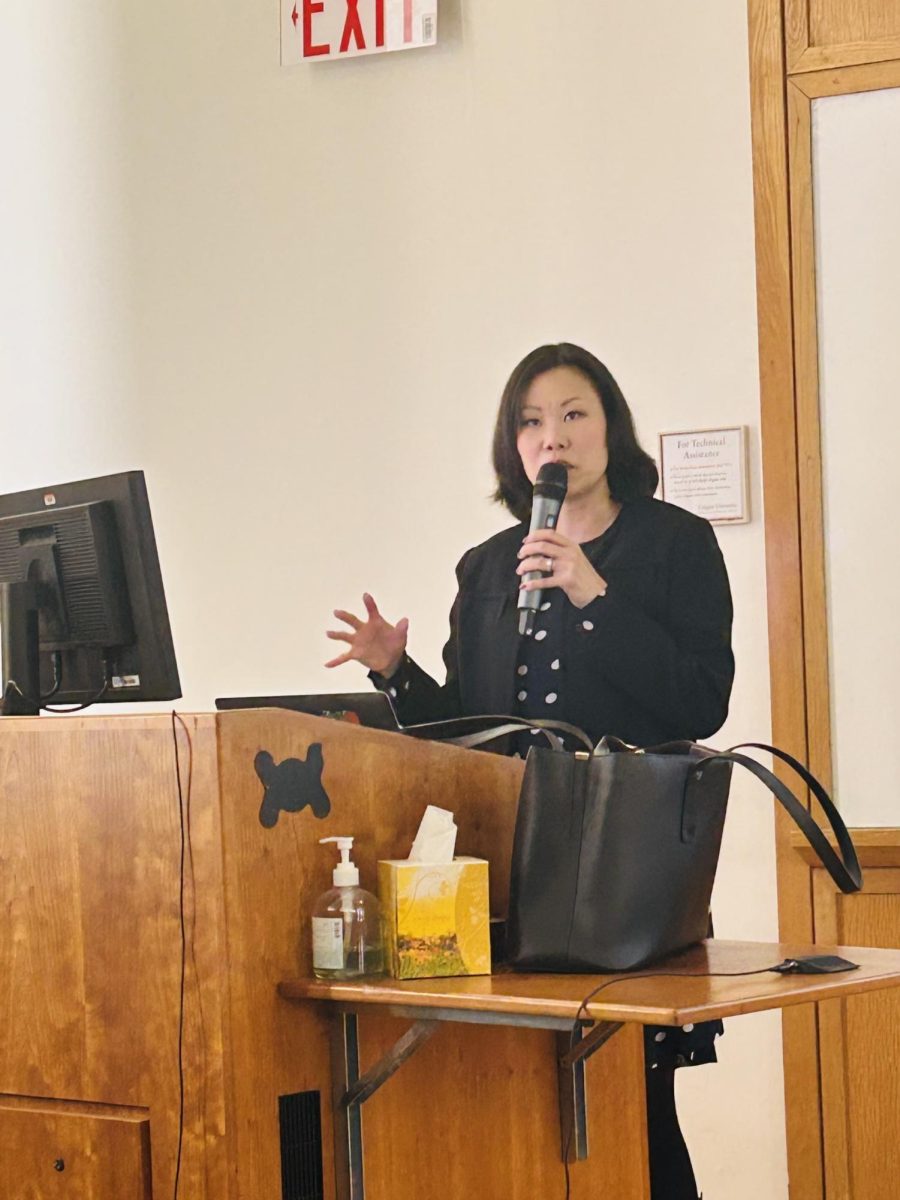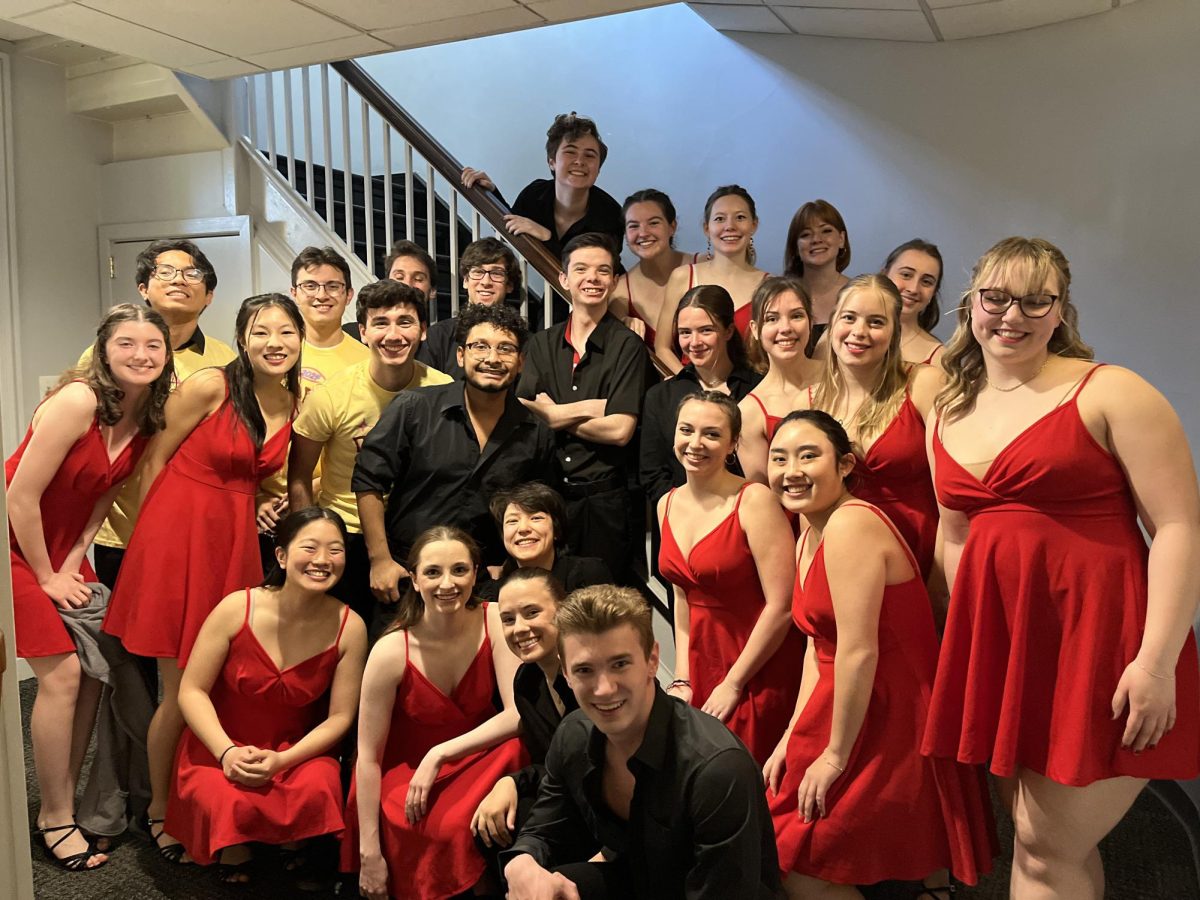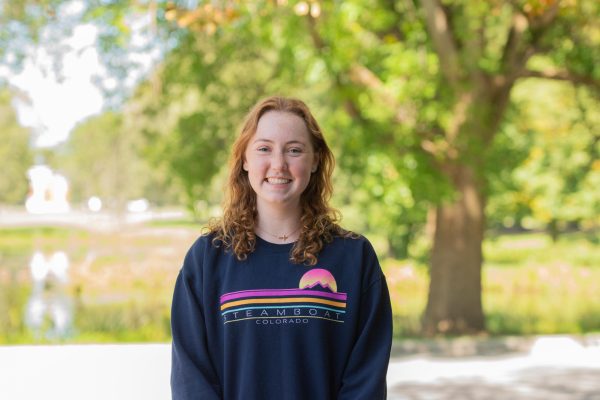On Wednesday Sept. 13, Philip S. Beck Professor of Law at Boston University, Gary Lawson, and James G. Phillipp Professor of Law at University of Michigan, Julian Davis Mortenson participated in Colgate University’s annual Constitution Day Debate. Their debate focused on the question, “Is the Administrative State Constitutional?” The talk was sponsored by Colgate’s Forum on Constitutional Government and the Center for Freedom and Western Civilization.
Lawson is a founding member of and currently sits on the Board of Directors of the Federalist Society for Law and Public Policy Studies, and is also a member of the Editorial Advisory Board of the Heritage Guide to the Constitution. Both legally conservative organizations advocate narrow and traditional interpretations of the Constitution and Lawson’s reasoning in the debate echoed those principles.
“I think the rule against sub-delegation is a presumptive one, it’s not a categorical one” Lawson said. “The question is not whether it can ever happen, the question is under what circumstances can it happen, and that leads to some very, very tricky, difficult questions involving the nature of the functions being performed. Are there in fact customs and traditions that can be drawn upon from the pre-1788 world that are nonetheless applicable to the structure set up in the Constitution in 1788? […] It is not a simple yes or no.”
Lawson expanded on his view of the Constitution, and delegation to the administrative state.
“That leaves the question, ‘do I want courts to enforce it?’ It would be a very easy question for me if it was phrased a little differently: does the Constitution favor enforcement? I think the answer to that is yes,” Lawson said.
Mortenson argued for a wider understanding of the powers given by the Constitution for delegation to the administrative state. He referenced theorists, including Rousseau, to support his argument, framing a more liberal take with a historical structure and returning to the question of the present logistical political reality.
“In so far as an agency, or the President, is told by Congress ‘go out and regulate for good things,’ and they go out and regulate for good things […] that agency is exercising the executive power,” Mortenson said. “The conceptual case that that’s not executive power is simply incorrect, descriptively incorrect as a matter of the historical framework […] theory can only take you so far, the question is what can [the government] do.”
Mortenson summarized his point based on historical evidence and legislative traditions.
“The practice before the Constitution was adopted, and the practice after the Constitution was adopted, represents a late 18th century Anglo-American world that’s utterly awash in delegations […] [that delegate] the authority and gives only the most limited instruction on how to implement it,” Mortenson explained.
Junior Louis Rosuck attended the debate and identified strengths in Lawson’s argument for a limited administrative state.
“I agreed with Professor Lawson’s view that the Constitution gives specific enumerated powers to each branch,” Rosuck said. “Because the Constitution forms limited government, the extent of bureaucracy should be as limited as possible. We don’t know what that government would look like, but it would be more closely aligned with the founder’s intent.”
Rosuck valued the opportunity the talk presented to learn more about past and present debates over the legality of American government bureaucracy and was somewhat surprised by the material Lawson and Mortenson presented.
“I enjoyed the talk,” Rosuck said. “The speakers were clearly experts in their field which made it engaging. I learned that something so typical like bureaucracy could actually be unconstitutional. I also learned that the Supreme Court dealt with this issue during the new deal era but ever since it hasn’t been touched.”
Professor of Political Science and A. Linsday O’Connor Chair-SOSC Luke Bierman commented on the importance of the material discussed in the debate.
“There are strengths and weaknesses in the arguments presented by Lawson and Mortenson, as they each readily acknowledged,” Bierman said. “This issue is especially important as the Supreme Court of the United States recently has broached the ‘major question’ doctrine as an interpretative tool to assess the boundaries of the administrative state. It is especially useful to us at Colgate to hear from scholars like Lawson and Mortenson to help us critically assess these questions as we fulfill our responsibilities as engaged and informed participants in American democracy.”
Rosuck viewed the debaters as courteous and complementary of each other, in turns speaking in support of the other’s career and accomplishments while also maintaining their debate positions, which he appreciated.
“It was honestly inspiring that the speakers’ opinions were total opposites yet they had a civil and friendly debate,” Rosuck said. “I hope we can learn from them to have more open and respectful discourse on campus.”


